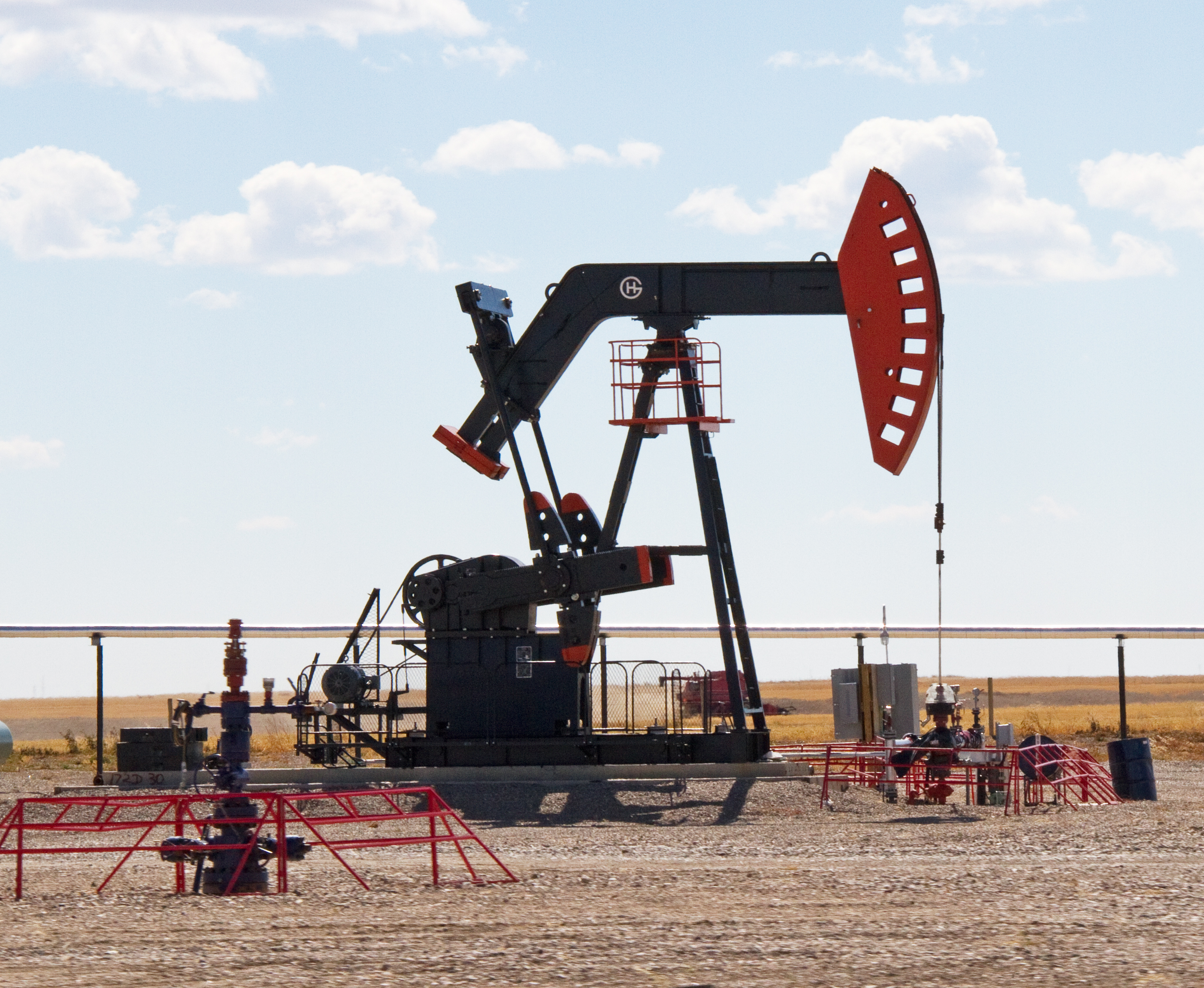Oil and gas producers, pipeline operators and refineries in Kuwait, the United Arab Emirates, Saudi Arabia, Oman, Bahrain and Qatar in 2017 borrowed a record $ 28.7 billion from bonds and syndicated loans, according to data compiled by Bloomberg. The previous maximum was set two years earlier. Over the past three years, these companies have attracted about $ 71.4 billion of borrowed funds, which is more than double the amount for the previous period.
The average annual yield of a debt in J.P. Morgan Middle East Composite Index (indicator of interest on loans in the region) in 2017 decreased by 12 basis points to 4.58%, reaching a minimum in two years.
State-owned companies in the Middle East have been relying on borrowed funds since 2014, as their revenues fell following oil prices.
Abu Dhabi Crude Oil Pipeline LLC, a division of the state-owned Abu Dhabi National Oil Co. (ADNOC), raised $ 3 billion in a bond placement in October to finance projects. Kuwait National Petroleum Co. in May raised $ 6.2 billion of borrowed funds for projects in the field of oil refining and clean fuel. The state oil company of Saudi Arabia, Saudi Arabian Oil Co. in April, sold Islamic bonds for $ 3 billion.
Saudi Aramco has a $ 2 billion credit guarantee from the UK government. Next year, the company plans to hold an IPO, which is likely to become the largest in history.
According to OPEC estimates, world demand for energy will rise by 35% by 2040 relative to the level of 2015. OPEC Secretary General Mohammed Barkindo stated that investments in the oil industry are required to meet the growing demand and compensate for the reduction in production at older fields.
Oil and gas producers in Saudi Arabia, Kuwait and the UAE plan to spend more than $ 500 billion on energy projects over the next 5-10 years, officials from these countries said. According to the International Energy Agency (IEA), world energy investments in 2016 amounted to $ 1.7 trillion.
The head of Saudi Aramco, Amin Nasser, said in November that the company plans to spend about $ 300 billion over 10 years on projects in the field of oil and gas exploration and production.
ADNOC plans to spend $ 109 billion on oil refineries, petrochemical plants and gas exploration in the next five years, the Crown Prince of Abu Dhabi, Mohammed bin Zayed Al Nahyan, said in November.
source: bloomberg.com
The average annual yield of a debt in J.P. Morgan Middle East Composite Index (indicator of interest on loans in the region) in 2017 decreased by 12 basis points to 4.58%, reaching a minimum in two years.
State-owned companies in the Middle East have been relying on borrowed funds since 2014, as their revenues fell following oil prices.
Abu Dhabi Crude Oil Pipeline LLC, a division of the state-owned Abu Dhabi National Oil Co. (ADNOC), raised $ 3 billion in a bond placement in October to finance projects. Kuwait National Petroleum Co. in May raised $ 6.2 billion of borrowed funds for projects in the field of oil refining and clean fuel. The state oil company of Saudi Arabia, Saudi Arabian Oil Co. in April, sold Islamic bonds for $ 3 billion.
Saudi Aramco has a $ 2 billion credit guarantee from the UK government. Next year, the company plans to hold an IPO, which is likely to become the largest in history.
According to OPEC estimates, world demand for energy will rise by 35% by 2040 relative to the level of 2015. OPEC Secretary General Mohammed Barkindo stated that investments in the oil industry are required to meet the growing demand and compensate for the reduction in production at older fields.
Oil and gas producers in Saudi Arabia, Kuwait and the UAE plan to spend more than $ 500 billion on energy projects over the next 5-10 years, officials from these countries said. According to the International Energy Agency (IEA), world energy investments in 2016 amounted to $ 1.7 trillion.
The head of Saudi Aramco, Amin Nasser, said in November that the company plans to spend about $ 300 billion over 10 years on projects in the field of oil and gas exploration and production.
ADNOC plans to spend $ 109 billion on oil refineries, petrochemical plants and gas exploration in the next five years, the Crown Prince of Abu Dhabi, Mohammed bin Zayed Al Nahyan, said in November.
source: bloomberg.com





